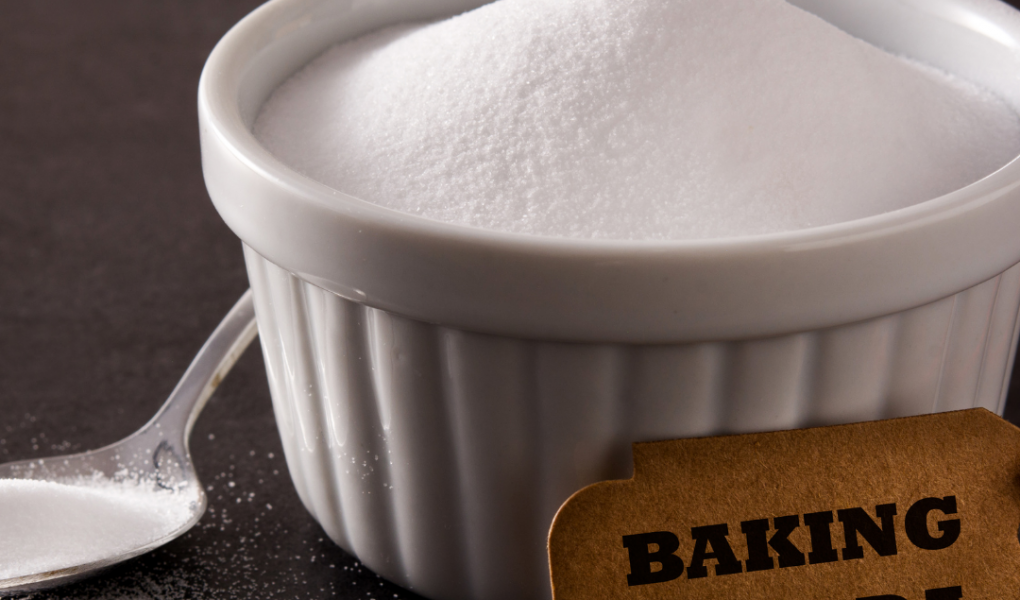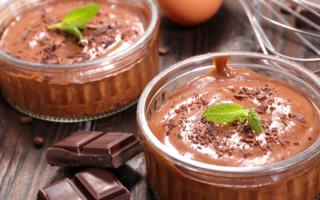Baking soda and baking powder are two substances used by bakers around the world. For some, the distinction between baking powder and baking soda is important to understand because a distinct name identifies the former while a generic term identifies the latter. Baking powder contains baking soda and an acid, while a baking soda substitute is a product containing baking soda only. Products labeled as baking soda substitutes are often marketed to home bakers because baking powder is hard to find in grocery stores.
What Do We Mean by Baking Powder?
Baking powder is a leavening agent. Baking is the process of forming air bubbles in food to allow the food to rise. Baking powder is a mixture of baking soda and an acidic ingredient, such as cream of tartar. Baking powder reacts with water, releasing carbon dioxide gas, which acts as a leavening agent. These gases bubble to the surface and create a texture called leavening.
What Do We Mean by Baking Soda?
Baking soda is a base used to neutralize acids, and it’s also known as sodium bicarbonate. It’s a common household item, and it’s the active ingredient in baking soda, which makes baked goods rise when mixed with other acidic ingredients. Other uses include soda water, which looks like soda but isn’t carbonated, and baking soda water, which is a fizzy drink.
What Are the Similarities Between Baking Powder and Baking Soda?
Baking powder and baking soda are both used to add air bubbles to baked goods. They are both leavening agents, which means they boost the leavening power of other ingredients. Baking powder and baking soda are cousins. They’re both leavening agents that work differently, like adding bubbles to baked goods. But, when baking with them, you need to choose the right one.
Baking powder and baking soda have a lot in common. They are both leavening agents that leave baked goods with a lighter, fluffier texture than if you replace some of the flour with baking powder.
What Are the Differences Between Baking Powder and Baking Soda?
Baking soda is, at our most basic level, sodium bicarbonate. A white powder can be found in many kitchens and is often found in the form of baking soda and baking powder. The difference between the two products is that baking powder adds leavening agents to baked goods, while baking soda (or sodium bicarbonate) acts as a leavening agent on its own.
The difference between the two is that baking powder is a leavening agent, while baking soda is a disinfectant. While both substances can be used to make sweet baked goods, they are used for different purposes. Specifically, baking powder is used to raise baked goods, while baking soda is used to neutralize acidity in baked goods.
Baking powder uses baking soda and an acid or acid ingredient to create carbon dioxide bubbles. On the other hand, baking soda uses carbon dioxide bubbles and an acid ingredient to create carbon dioxide bubbles. Baking powder has two parts: a base (baking soda) and an acid (cream of tartar, lemon juice, buttermilk, or vinegar). Baking soda has a base (baking powder) and an acid (baking soda). Baking soda, also known as sodium bicarbonate, has a single acidic hydrogen ion. Baking powder, also known as baking soda plus an acid, can consist of two or more acid and base ingredients.
Which is better, Baking Powder, or Baking Soda?
Baking powder and baking soda are both used to give baked goods a lift in leavening power. But which is better? Baking powder is made with baking soda (and some corn starch) plus an acidic ingredient called cream of tartar. The acidic ingredient reacts with the baking soda to give baked goods more lift. On the other hand, baking soda is sodium bicarbonate (NaHCO3) in powder form. When baking soda comes in contact with an acid—in this case, the buttermilk, yogurt, vinegar, or lemon juice in a recipe—the bubbles that form cause carbon dioxide to be released.
Baking powder is an alkaline substance composed of sodium bicarbonate and an acid. Baking powder is more stable than baking soda. Baking soda can lose its effectiveness over time, so baking powder may work better over time. Baking soda isn’t helpful for cooking, while baking powder is; baking soda is for neutralizing the acid in recipes, while baking powder is required to rise.
Baking powder and baking soda are two very different ingredients, and while many of them are interchangeable in baking, there are differences. Baking powder is a leavening agent, while baking soda is a leavening agent and a buffer. Baking powder is most often used in cakes, cookies, and other baked goods that call for baking powder. On the other hand, baking soda is used mainly in yeast bread and buns since baking soda reacts to moisture in the air (from yeast or from steam escaping as the bread bakes), creating carbon dioxide gas.




